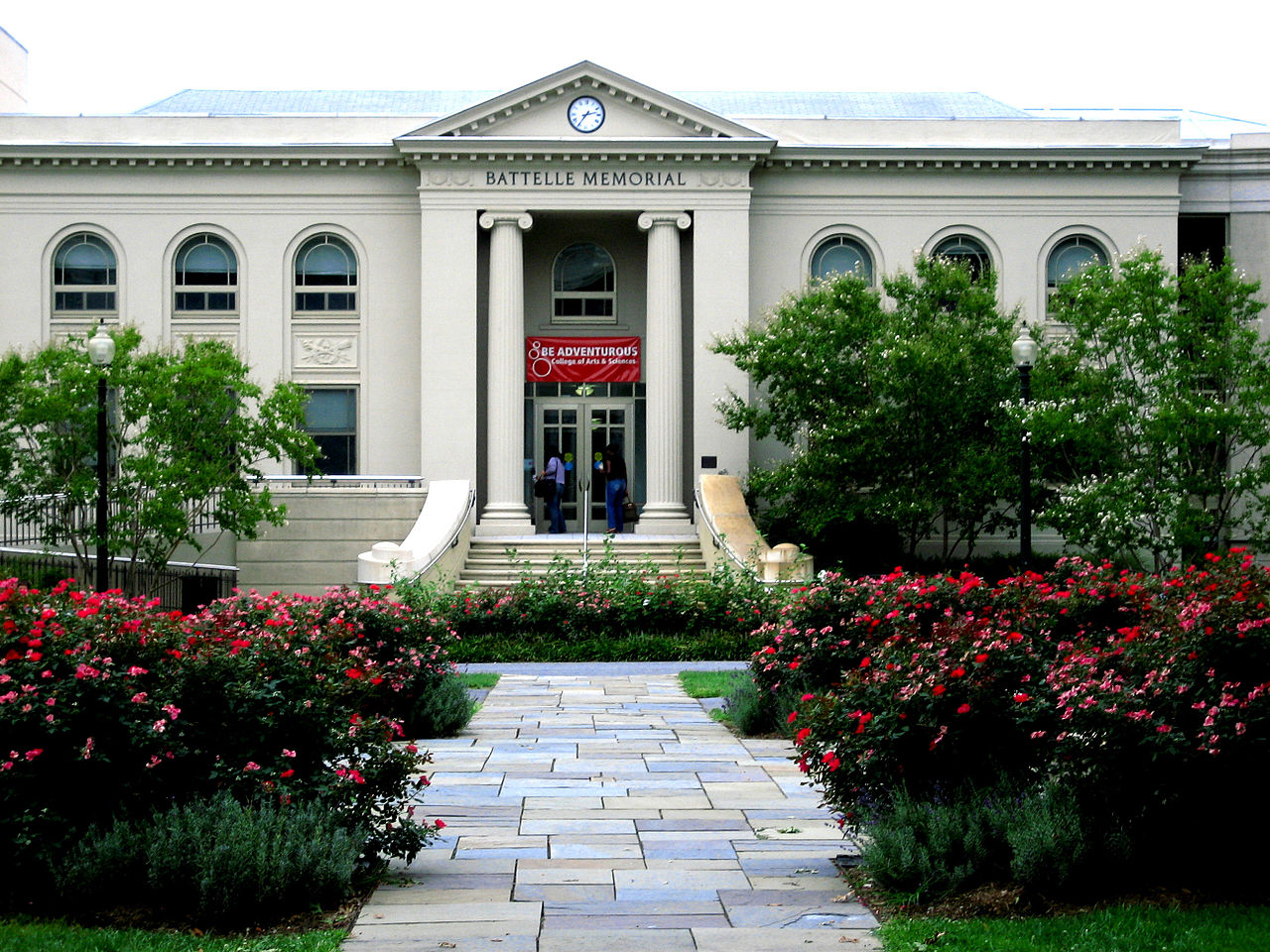A dream school may be just a dream
Financial concerns make top-choice an unlikely possibility
After the acceptances and anticipated letters, students must make the decision of if their dream school is worth the steep tuition.
April 6, 2017
As a senior applying to college, I want to attend school in Washington, D.C. the way only a millennial could want something: with a sense of passion and yearning that, I believe, far surpasses everything else I’ve ever desired.
Ever since I first heard about American University, I have been hooked on the idea of being able to further my education in an area where the history and political charm captivate travelers and locals alike. A mere fifteen minute metro ride away from downtown D.C., the university is a desirable mix of a college campus and an urban metropolis.
I want to become a counterterrorism analyst for either the FBI or the CIA. With a concentrated major in International Relations, American’s School of International Service (SIS), ranked in the top 10 for graduate and undergraduate programs for my major according to Foreign Policy magazine, was the best option I had for obtaining a bright future.
Like the typical high school senior who is heading off to college, I follow them on every social media platform I possess, I check their twitter account every couple of hours, and they always seem to pop up in daily conversation no matter the subject. In short, after discovering American University, I had no inclination to attend anywhere else —I found my dream school.
What colleges don’t see, even after essays and letters of recommendation, is the amount of passion I have in wanting to attend the university. It has everything I want with the perfect location and opportunities I need to set the foundation for a successful future, but the cost seems almost insurmountable.
So when a package came in the mail in March with the university’s logo on the front and the word “Congratulations!” inside, I was ecstatic beyond belief.
That is until I read over the financial aid form provided in the acceptance packet.
With everything added up, the school charges over $63,000 each year, amassing to more than $252,000 in debt after graduating. While I was awarded a generous scholarship, the debt I would accumulate over four years seemed momentous.
The prospects seemed slim. How could my parents afford to send me to a school with that kind of price tag? It would be a financial burden that my parents and I would feel for a long time, and the guilt of putting them through that was immense.
My parents reassured me that a similar school that costs much less would still set me up for a bright future in the career that I wanted, but I was adamant about going to D.C., given the location and the opportunities there that I would find nowhere else.
The realization that I may not be able to attend was crushing. I had worked incredibly hard throughout high school to achieve the grades and scores I did, and I deserved to reap the benefits of my labor, but the ultimate factor was, admittedly, going to come down to money. If we didn’t have the money, I couldn’t go.
There was also the traveling issue: how expensive would it be to return home for vacations or the summer? If the plane or train ticket cost too much, I would simply visit my family less. While I wanted to be far away from home, seeing them twice a year was not enough for me.

The Battelle Tompkins building at American University is situated on the school’s DC campus, near Embassy Row.
The honest conversation between my parents and I quickly turned into reasons why I shouldn’t attend the school.
In no way can I expect my parents to spend a chunk of their savings paying for my college education. Through the Free Application for Federal Student Aid (FAFSA), colleges receive information regarding income and family status, but they don’t account for expenses for my four other siblings, three of which are in college, and the personal expenses of my parents. Mortgage payments and other necessary bills just don’t disappear so I can go to college.
My parents’ world does not revolve around footing the bill for everything that I want, so how can colleges expect them to spend more on me than they did for my three older siblings? I also still have a younger sister to factor into my decision.
What colleges don’t see, even after essays and letters of recommendation, is the amount of passion I have in wanting to attend the university. It has everything I want with the perfect location and opportunities I need to set the foundation for a successful future, but the cost seems almost insurmountable.
Thus, while I have yet to make a decision about where I am going, the cost of the school and the debt I will accumulate over four years is definitely going to be a factor influencing my final choice.
So for all of those seniors out there who are torn between colleges, remember that the price tag of the school is not just something to disregard so casually. Consider the total expenses you would need to invest, and the financial burden that your family would have to face.
While it may be your dream school now, you may regret going there when you realize the immense amount of student loans you will be saddled with for the next forty to fifty years.
As my mother always says, it’s not where you go to school that matters, but what you do with the education you receive.






















